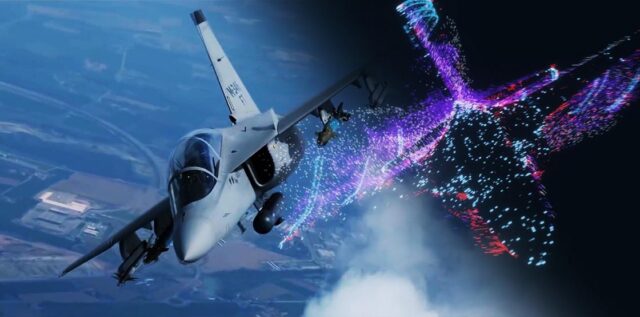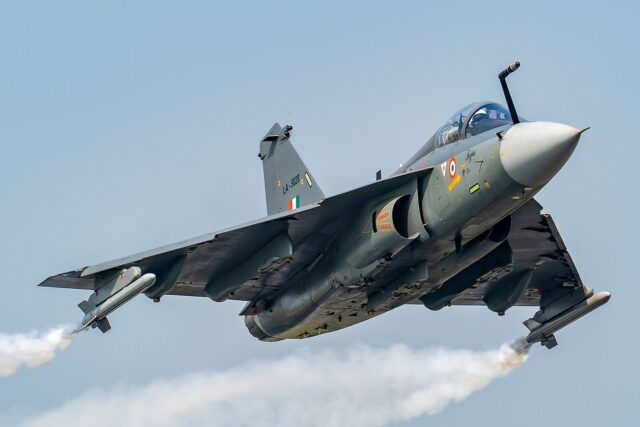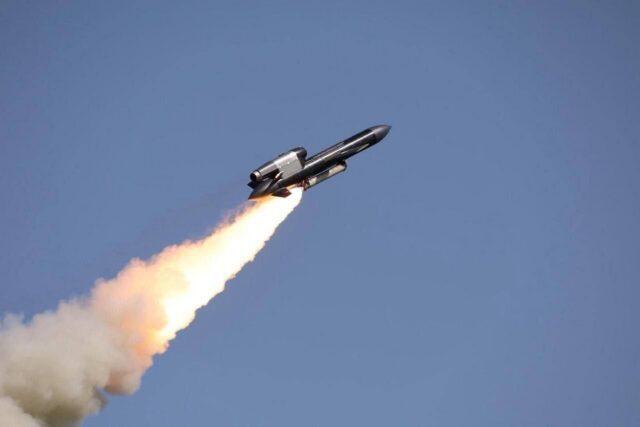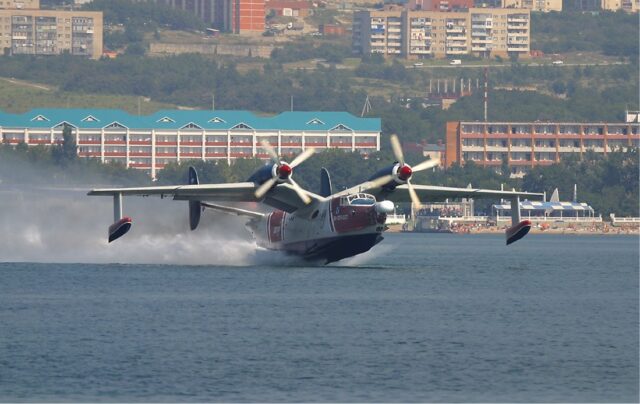Meet the 4 companies competing to replace the US Navy’s T-45 Goshawk jet trainer

October 23, 2025

The race to supply the US Navy’s next-generation jet trainer has officially begun, with four manufacturers preparing bids under the Undergraduate Jet Training System (UJTS) programme. The contest, worth more than $10 billion, will replace the ageing T-45 Goshawk, which has trained every US naval aviator for more than three decades.
The Navy plans to acquire 145–220 aircraft, with a Request for Proposals (RFP) due by late 2025 and contract award targeted for January 2027.
The 4 companies competing for the US Navy jet trainer
The companies in the running for the T-45 replacement include some of the biggest names in Aerospace. Boeing has teamed up with Saab for the T-7 Red Hawk, Lockheed Martin and KAI are fielding the TF-50, Textron’s Leonardo will pitch its M-346, while surprise entrant SNC plans to offer its Freedom Trainer.
Boeing-Saab T-7B Red Hawk
The T-7B is a navalised version of the T-7A, the aircraft already selected as a new jet trainer by the US Air Force.

The T-7B is being adapted for carrier-style flight training, with strengthened landing gear, corrosion protection, and software changes for shipboard procedures.
Designed using digital engineering, the aircraft is built around an open-architecture avionics system compatible with modern flight-training networks.
Lockheed Martin–KAI TF-50N
The TF-50N is based on the FA-50/TA-50 family already in service with several air forces. It’s a single-engine, supersonic trainer with proven production and sustainment infrastructure.

Modifications for the naval variant include reinforced structure, anti-corrosion treatment, and systems integration for Navy-specific training requirements.
Textron/Leonardo M-346N Master
The naval Master is a twin-engine derivative of Leonardo’s M-346 advanced trainer, adapted for US Navy use.

The aircraft offers dual redundancy, fly-by-wire controls, and compatibility with Leonardo’s ground-based and synthetic training systems.
The M-346 family has logged over 150,000 flight hours across multiple NATO operators.
Sierra Nevada Corporation Freedom Trainer
A slightly left-field entry, SNC’s trainer is the only clean-sheet design in the competition.

The Freedom Trainer is a purpose-built naval aircraft designed for repeated field carrier landing practice and full carrier-touchdown training.
It features a 16,000-hour airframe, simplified maintenance, and a structure engineered for high-stress deck-landing operations.
What does the US Navy want in its new jet trainer?
The UJTS will replace the T-45 with a modern, networked training system that mirrors fifth-generation combat aircraft operations. The selected aircraft must integrate with a comprehensive live-virtual-constructive (LVC) environment linking simulators, ground-based training, and in-flight systems.
Key requirements include:
- Support for Field Carrier Landing Practice (FCLP) but not mandatory carrier-deck operations
- Compatibility with F/A-18E/F Super Hornet and F-35C training pipelines
- Modern digital cockpit, open-architecture avionics, and embedded training capability
- High availability and low operating cost over a 30-year service life
- Domestic production and strong industrial participation in the United States
The Navy expects to issue a formal RFP by Q4 2025, select a prime contractor in 2026, and begin Low-Rate Initial Production (LRIP) in FY2028.
Why the T-45 Goshawk is ripe for replacement
The T-45 Goshawk, a navalised BAE Hawk developed by McDonnell Douglas and BAE Systems, entered service in the early 1990s. Around 190 aircraft remain in service, but the fleet has been hampered by engine, oxygen-system, and structural issues that have led to repeated groundings.

The Goshawk’s analogue avionics no longer match the digital systems of modern frontline aircraft, prompting the Navy to seek a fully networked training solution.
Beyond replacing an ageing platform, the UJTS is expected to define the next generation of naval pilot training and reshape the jet-trainer industrial landscape.
















